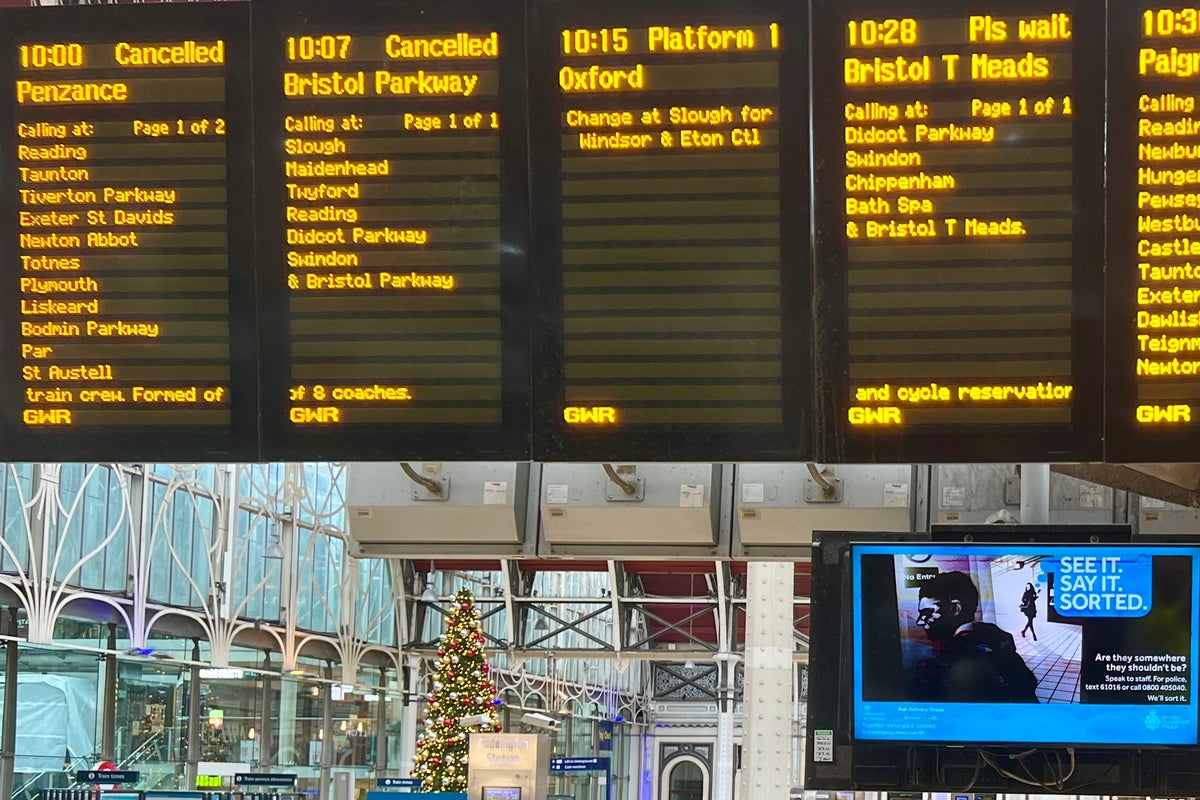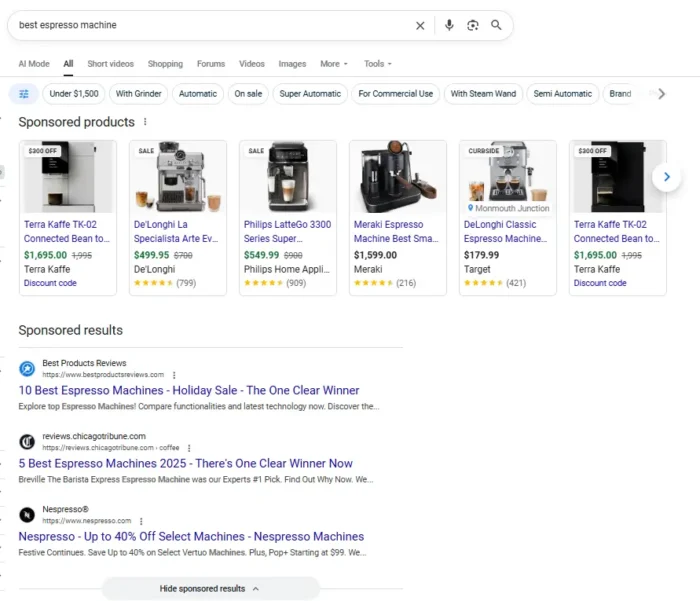‘Hear it? Hurl it. Handled.’ Time to extend messaging on trains
Train Talk: Passenger behaviour needs to be much better, but five-word slogans are not the answer

The public information campaign that is surely more loathed than any other? “See it. Say it. Sorted.”
For nearly a decade, this pre-recorded slogan has annoyed commuters and confused foreigners. I like to think I have blotted out the phrase so that it doesn’t register. But sometimes, when the train public address is turned up to 11, there is no choice but to listen. And to remember why it is so infuriating.
Now the government plans to give that maddening phrase a new lease of life.
Reimagined prologues are to be broadcast at railway stations and on trains – though they will end in the same dismal five-word phrase.
I have no argument with the principle behind the resuscitated campaign. The rail minister, Lord Hendy, says, “We’re committed to making our railway as secure as possible.”
Railways comprise an extremely safe form of transport, for which we should all be grateful. Sadly, terrorists see public transport as a key target. Encouraging passengers to watch out for potential threats is a positive move. But there must be a better way than putting a nonsensical series of five words on constant replay.
The government also wants to reduce the harm caused by abusive and aggressive passengers. A good way for passengers to report issues is to text British Transport Police on (altogether now) 61016.
Seven hundred rail travellers a day take up that option. The force’s chief constable, Lucy D’Orsi, says: “It’s a simple and discreet way to report crime across the rail network.” That is particularly true when passengers want to report people who are behaving badly. But there has to be action.
You and I would like to think that once police and staff are alerted to a problem, whether at a station or on a train, they will deal expeditiously with the threat. Unfortunately, the last time I saw something that didn’t look right – last Thursday, at Harrow-on-the-Hill in northwest London – there was clearly no point in texting. As a fare-dodger prised open the gates and squeezed through, at least three staff looked on, not doing anything.
In France, where I have spent the past five days, standards of public behaviour are far higher. If you even so much as answer your phone on a train, you will be urged by other passengers, none too politely, to retire to the vestibule to conduct your conversation.
In the UK, passengers yell into their phones and listen to music or watch videos out loud. They put their feet on the seats. They vape when they know they shouldn’t. And they drink industrial quantities of strong lager.
If five-word, three-sentence messages are the key, how about a plan at least for dealing with passengers who insist on playing music turned up to 11?
My recommendation involves a big on-board bin, into which errant devices can be thrown by the guard.
“Hear it. Hurl it. Handled.”
The offender will be able to reclaim the device, but only after completing a noise-awareness course.
While I wait for the Department for Transport to take up that idea, I see with some dismay that another transportation company, FlixBus, has pinched the “See it ...” concept for its latest advertising campaign: “Big plans? Small budget? Sorted.” If the company starts playing that message on board coaches, I’m off.

 ShanonG
ShanonG 





























